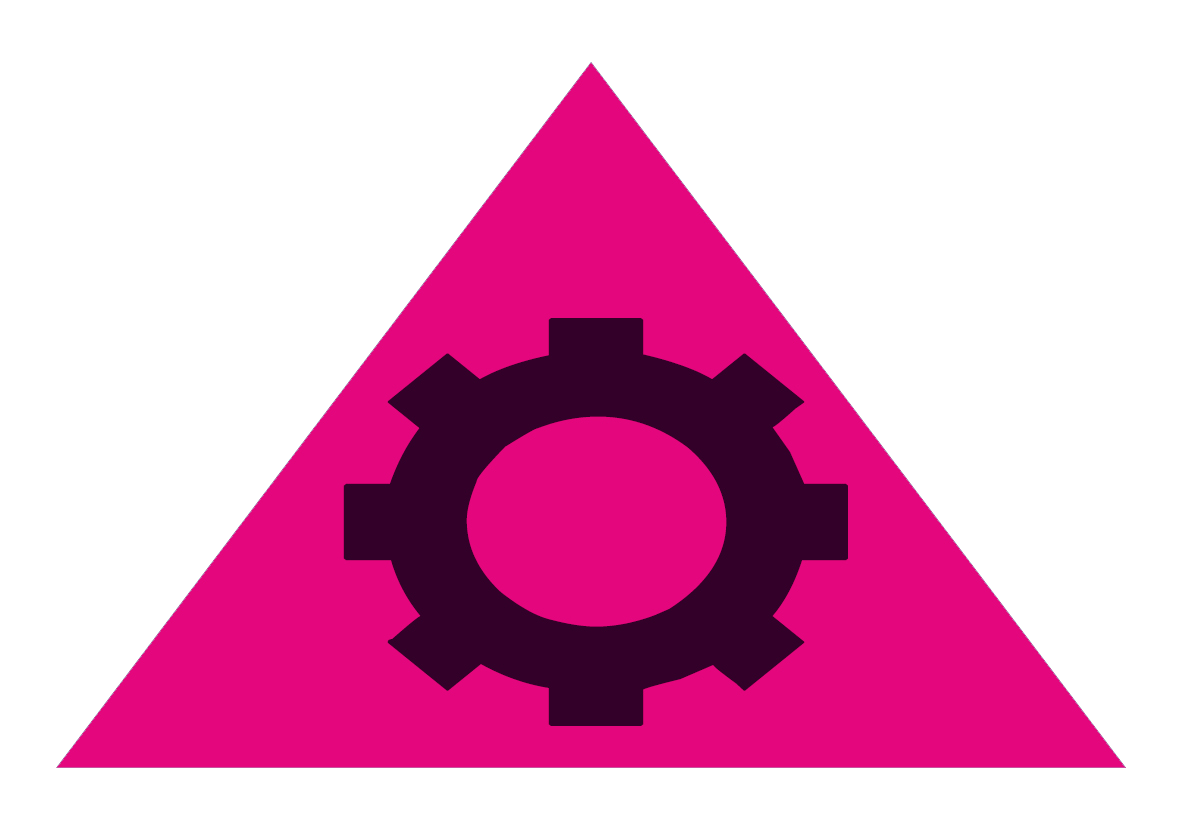Times are changing
I never delivered exceptional performances. Back at school I was not an exemplary student, nor a talented sportsman. I was never a gifted craftsman and certainly not a top manager. Yet I have never felt a sense of inferiority. I earned my paramedical diploma without too much effort and I could easily keep the pace of my running friends. Furthermore, I have stood my ground as a construction worker and have become the CEO of a very nice company.
Funny thing, some people who only know me from my childhood are amazed that I have become a CEO. When they also hear that our company pursues innovation, enjoys good results and can rely on loyal employees, customers and suppliers, they sometimes react surprised. It suddenly sounds more plausible when I tell them about my associate CEO. I can hear them thinking: “I see, it can’t be that difficult when you have a ‘specialist’ to work with”. But disbelief prevails when they hear my co-CEO is not a technical expert, but is instead a pianist. How is it possible to run a stand construction company combining the knowledge and skills of a pianist and those of “some kind of” therapist?
I understand the disbelief. Back in the days CEO’s were all specialists. They knew best what came next and how it was to be done. A career path used to be outlined: you apply for a job, through experience you develop your skills and at the end of your career you fully mastered in what you do.
This is why seniority has been of great importance for a long time. Through your career you learned or developed some new (modern) techniques, but in the end there wasn’t much difference between your first and last day at work. The most important difference was that through time you were able to do your job better and faster.
Nowadays things have changed. Those who tend to do things exactly the same way like they did 10 years ago, risk to end up in a folklore museum. They might still become experts, but it’s likely that their expertise is out-dated and superseded.
I still remember the disdain of a specialised style furniture maker over the arrival of plate furniture industry. He was firmly convinced that his product was better and that plate furniture was just “cheap rubbish”. He delivered quality, the others non-quality. He was the specialist and the others were amateurs. Nobody could deny this. He was just blinded by the narrow-mindedness of his mastership and couldn’t see that consumer needs were changing. Once you bought style furniture it was something you kept and cherished for life and could even pass on to different generations. All of a sudden (almost) no one cared anymore about furniture for life. People want to change their furniture once in a while and want to keep up with the latest trends. “The life-time budget” of style furniture is now divided along different interiors, so the meaning of the concept ‘quality’ has shifted.
The concept of CEO is also shifting gears. Before, one had to be the best and show how it was done. All employees could learn a lot from you. Nowadays you have to accept that others are just better in a certain field.
And of course it is essential to have profound knowledge and keep a finger on your product or service. Still, you can’t master all skills. You're not the only one anymore who has all the knowledge and resources. The Internet for example gives you access to almost all information. Just have a look at the keynote presentation of Jef Staes “You are a sheep!”

